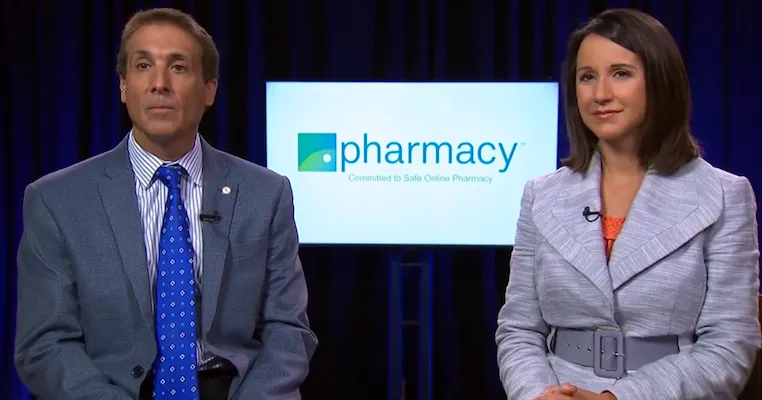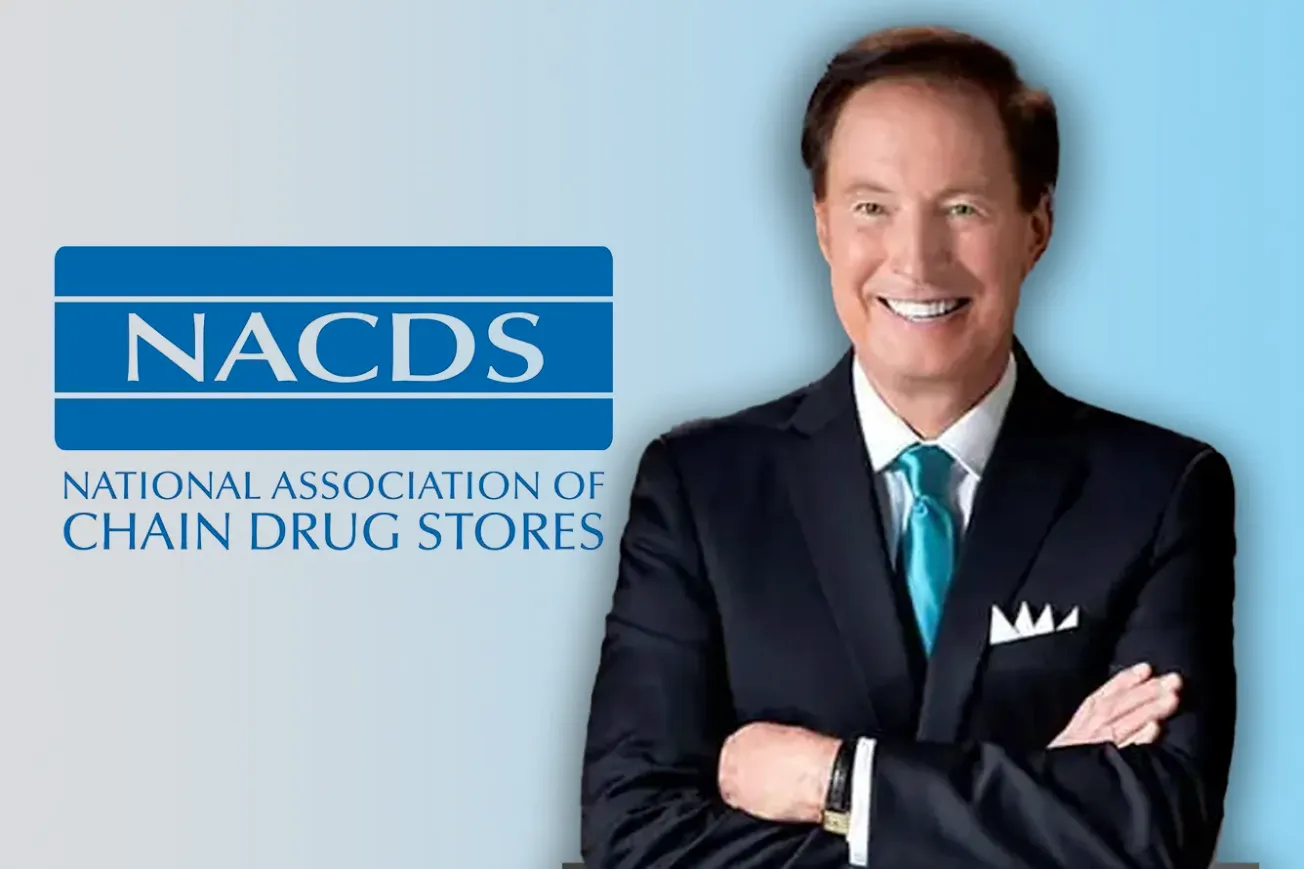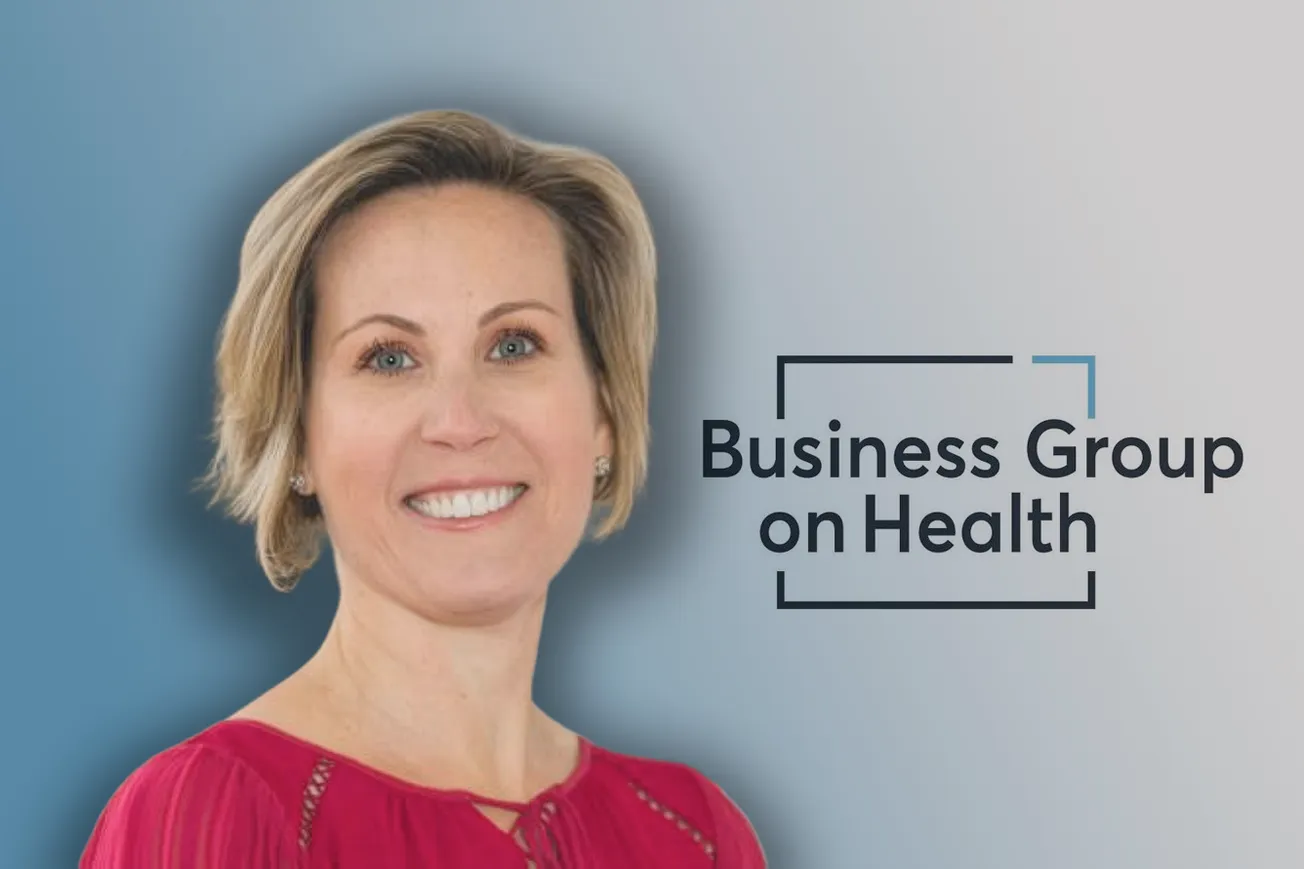Dr. Carmen Catizone, executive director at the National Association of Boards of Pharmacy (NABP), and attorney Libby Baney recently were interviewed about how to shop safely for medications online and avoid illicit sellers peddling counterfeit drugs.
NABP notes that today the vast majority of websites selling prescription drugs online are doing so illegally, with many sites selling unapproved or fake medications and appearing to be professional and safe. That has led the organization to create .pharmacy, a new top-level domain for Internet pharmacies that became generally available late last month.
NABP launched the .pharmacy program last September to give consumers worldwide an easy way to identify safe, legal online pharmacies and related resources. Since the program’s launch, NABP has approved more than 300 .pharmacy domain names applied for or requested during prior limited-registration periods.
Overall, NABP has reviewed nearly 11,000 Internet drug outlets selling prescription medications and found that 96% are out of compliance with U.S. pharmacy laws and practice standards. The 10,544 Internet drug outlets currently listed as “Not Recommended” by NABP are characterized as follows: 88% do not require a valid prescription; 59% issue prescriptions per online consultation or questionnaire only; 16% do not have secure sites; and 12% dispense controlled substances.
Other signs of a rogue online pharmacy, and that the medications it’s selling may be counterfeit, contaminated or otherwise unsafe, include the following, NABP said: no prescription required, prescription based solely upon online questionnaire, no phone number or street address, no pharmacist consultation, limited medicines and spam solicitations.









